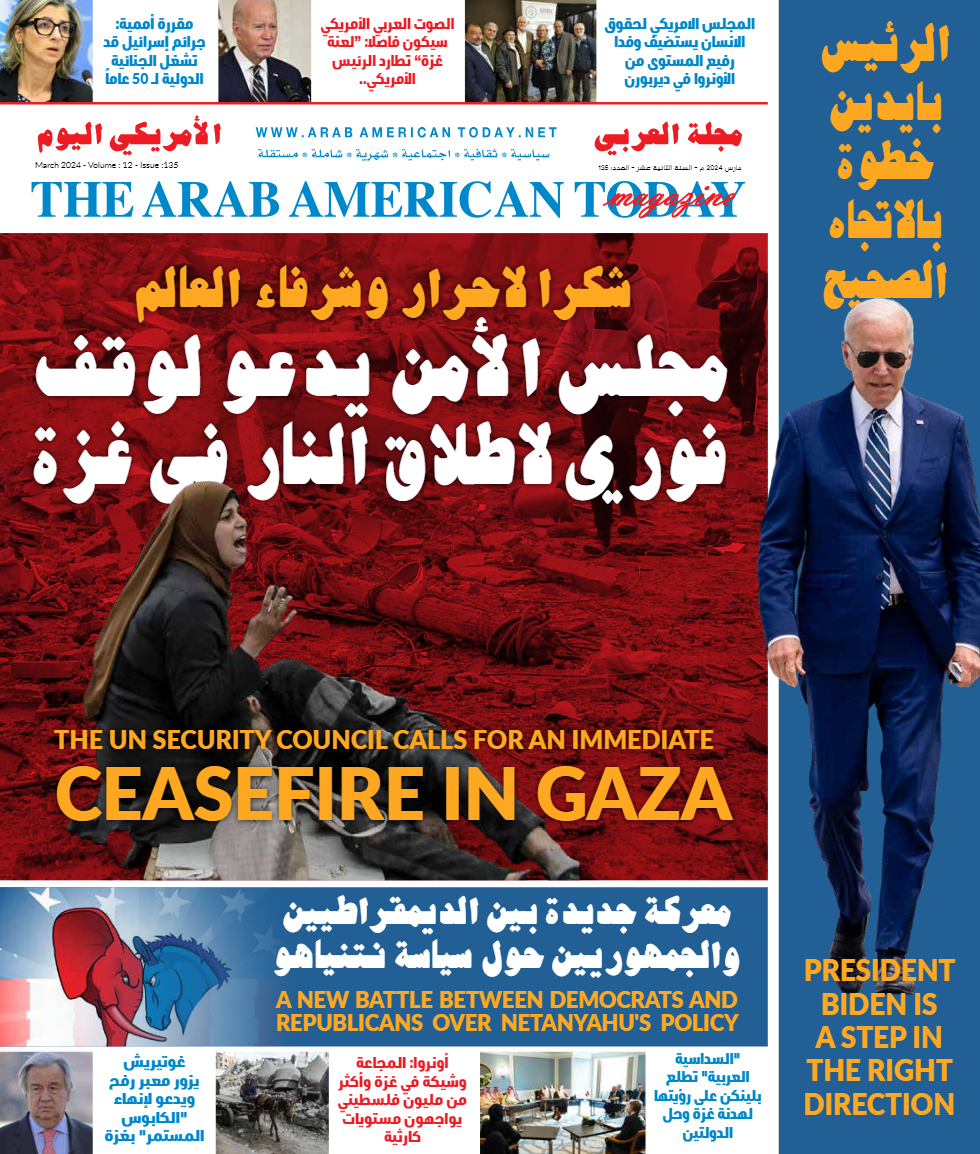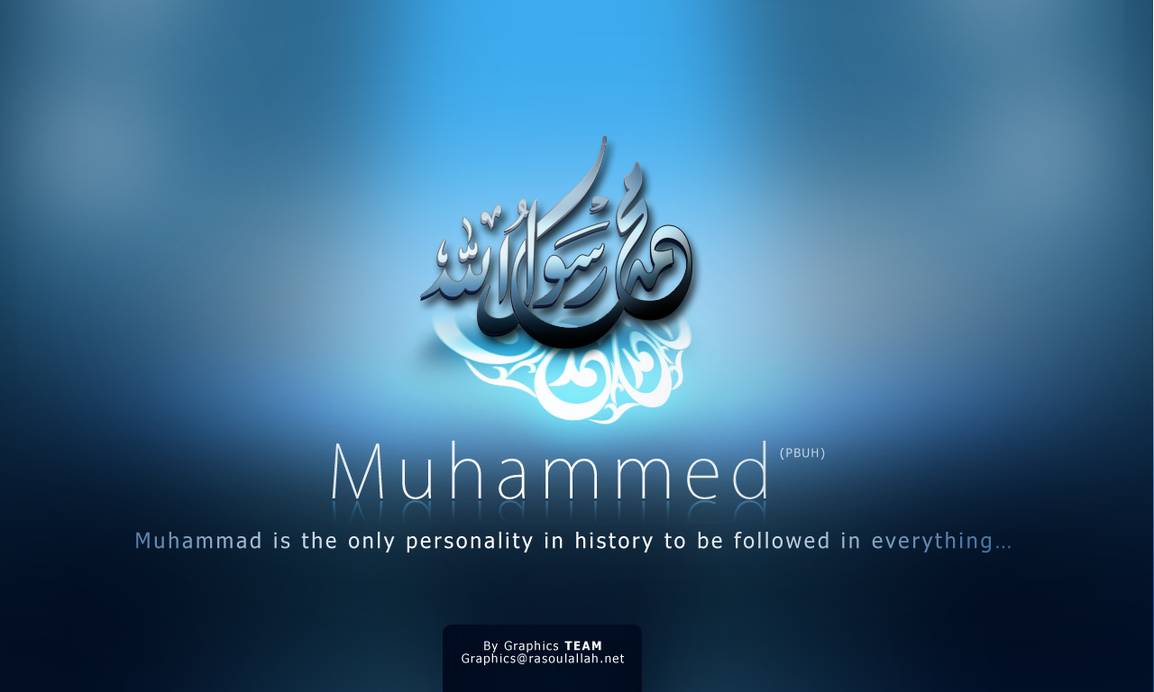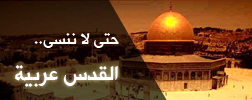
Muslims in India face prejudice, marginalization
2019-12-29
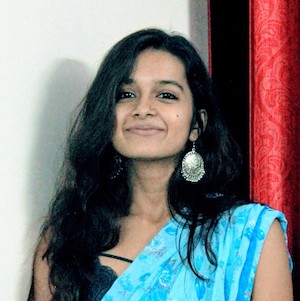
By SHIVANGI SINGH
While the word “secular” refers to an entity or existence that is removed from all matters deemed religious, the notion of Indian secularism grapples with a much more complex reality. Instead of detachment, the secular state of India was built to increase its engagement with the citizens’ religious identities. This was evident in its policies to mend historical injustices as well as strengthen the religious minorities against economic and social impoverishment.
Muslims have been a part of the South Asian subcontinent’s population since circa AD 637-976 – after the very first time a Muslim Arab army made contact with Thana, Bombay, on the west coast. Many centuries later, in 1947, when the Partition of the subcontinent created the Muslim nation of Pakistan, the Muslim minority became a scapegoat in a landscape marked with increasing communal strife. The Muslims were declared separatists, given their demands for political reservations and separate electorates.
At around this time, there arose an idea that the Muslims, by asking for restorative justice, were sabotaging the dream of a unified and equal nation; by extension, being anti-national. Philippa Williams in her 2012 essay “India’s Muslims, Lived Secularism and Realizing Citizenship,” noted that secular nationalism left India’s Muslims a choice (and a poor one at that) between revoking their claims to political representation or being labeled communalist.
On top of this, there exist normative discourses that project Muslims as “violent, criminally inclined, bigoted, anti-national and Islamist, with a voracious sexual appetite.” According to academics, such discourses have been the place of genesis for the propaganda of the Hindu right aimed at othering the Muslims.
Muslims’ socio-economic status
Rowena Robinson, who specializes in sociology and theology, has said that Muslims have become particularly vulnerable to violence and structural discrimination in India, because of their inadequate representation in hierarchies of power. Especially in the political sphere, the picture is abysmal. In the Parliament of 2014, of 543 MPs, only 23 were Muslim. In the current Lok Sabha (17th), this number plummeted to four seats. In his study of the social backgrounds of Indian Administrative Service officers in 2018, Santosh Goyal found Muslims to be only 2.7% of the total force. The Indian Police Services, at last count, have 3,798 employees, of whom a mere 3.66% (139 in total) are Muslim. Similarly, the Indian Railways’ workforce is only 4.5% Muslim.
Muslims are also seriously underrepresented in the technical, clerical and managerial sectors. Most of the community is employed in the informal sector as casual labor, street vendors and small traders, because of a shared perception that they don’t stand a chance of securing salaried and secure jobs. Consequently, Muslims do not have access to financial instruments because of their disconnect from the organized sector; the average credit size for Muslims is negligible. In the absence of job security and meager asset ownership, the community stands exceptionally powerless in the face of conflict, violence and displacement.
As an extension of their precarious socio-economic situation and tense cultural atmosphere, Muslims tend to confine themselves into enclaves surrounded by their own people. This phenomenon, known as ghettoization, leads to the settlement of urban slums as well as some Muslim-concentrated villages. The Census of 2001 showed that these areas were particularly underserved with concrete roads, bus stops, and postal services as well as medical and educational infrastructure.
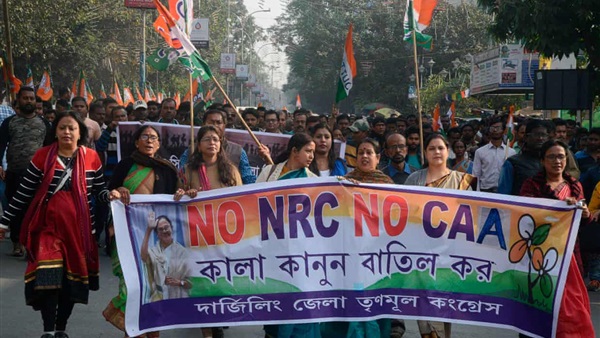
The CAA, NRC and FEMA
The Citizenship (Amendment) Act, in the garb of being benign to refugees, is a policy tool that turns Muslims into second-class individuals in the eyes of the state. It will speed up the process for granting asylum (and eventually citizenship) to almost every religious group other than Muslims. Paired with the National Register of Citizens, the act becomes even more nefarious. The NRC is the government’s attempt to separate illegal immigrants from legal ones, by requiring citizens to establish their ancestry in the country prior to 1971. Once implemented across India, NRC will weed out many people who are not able to procure the required documents to prove their citizenship.
Here is where CAA will swoop in, rescuing refugees and non-refugees alike if they belong to the Hindu, Christian, Sikh, Jain, Parsi or Buddhist communities. Even though neither the act nor the ruling party explicitly states this, it is inevitable that Muslims without documents will be declared stateless, even those who have inhabited India for decades. The government is already building detention centers, which is where the stateless people will be housed.
Additionally, the Reserve Bank of India, the country’s central bank, recently made amendments to the Foreign Exchange Management Act (FEMA) regulations, whereby migrants from all religious communities other than Muslims will be provided long-term visas, enabling them to purchase residential property and open bank accounts. These measures are symptomatic of Islamophobia of endemic proportions, within the government itself.
What can be done
Williams believes that identities are woven in relation to the other social groups in a dynamic, interactive society. In extension of this logic (also understood as constructivism), concepts of exclusion and inclusion, as well as group norms and boundaries, materialize through social processes. For Muslims to reform their identity from the persecuted and ostracized to equal members of an equal society, the nature of social processes has to change. This will happen when Muslims are empowered both economically and socio-politically to be at equal junctures with the rest of the groups. Muslims need avenues for upward mobility, both socio-political and economic.
Access to political power
According to Williams, a big part of the minorities’ struggle against dominant norms is acquiring the power of decision-making. Robinson posits that for the numbers of Muslims to rise in public services, there is a need for de-communalizing the departments through sensitivity training and more recruitment from minority backgrounds. She says that religious diversity in the government forces has a direct positive effect on reducing religious prejudice and promoting inter-community trust in society, since their interaction with the citizens sets precedents for political norms.
Financial security
To make the community more resilient to political and economic crises, access to financial and savings instruments is vital, especially because the informal sector does not provide such securities. Robust policies that extend social securities, pensions and provident funds are the need of the hour, for people who cannot avail the same at their sites of employment. The Pradhan Mantri Jan Dhan Yojana, which seeks to facilitate access to banks and financial institutions as well as ensure financial literacy for all households, is one such example. The scheme, launched in 2015, has grown tenfold in terms of aggregate deposits by households.
Another policy, called the Atal Pension Yojna, provides guaranteed monthly pension to its subscribers, mostly from the informal sector, and also qualifies for income tax benefits. However, it has been criticized for giving the subscribers a bad deal in comparison to the higher guaranteed returns on government bonds and equity funds.
Human capital development
Financial empowerment can and must also be achieved through skill development and the provision of micro-credit. While pensions and savings are good safety nets, the state must ensure that every person knows how to fish. As was noted previously, very few Muslims are employed in highly specialized and technical jobs. Hence they do not pursue higher education with much enthusiasm as they find little utility in it.
Skill development programs geared toward the Muslim community should have forward linkages with sectors of employment, where effective de-communalization and sensitivity training must be ensured so that the Muslim skilled youth is employed. Similarly, credit-lending institutions cannot be allowed to discriminate against borrowers on the basis of their religion; the amended FEMA guidelines cannot stand the test of a secular democracy.
Bringing ‘secular’ back to the state
Finally, these efforts have to be nested in a larger plan to reform the Islamophobic nature of the current administration. The government has taken shocking steps away from the ideal of secularism. It has changed names of cities, railway stations and roads that had Islamic or Mughal etymologies, widely seen as an attempt to add a Hindu-centric spin to the localities’ heritage.
| As an extension of their precarious socio-economic situation and tense cultural atmosphere, Muslims tend to confine themselves into enclaves surrounded by their own people. This phenomenon, known as ghettoization, leads to the settlement of urban slums as well as some Muslim-concentrated villages. The Census of 2001 showed that these areas were particularly underserved with concrete roads, bus stops, and postal services as well as medical and educational infrastructure. |
It has also gone out of its way to rewrite history textbooks – Prime Minister Narendra Modi put an entire committee to the task in early 2017, the chairman of which later confessed that the committee was “reinterpreting” archeological evidence to prove that Hindus are descended from the subcontinent’s first inhabitants and that the Hindu religious scriptures are not myths but real historical accounts.
Neither financial instruments nor skill development will help Muslims in a country that systematically discriminates against them.
The government’s obsession with establishing a Hindu state is eerily similar to the Nazi propaganda that was aimed at creating a pure Aryan state. Such attitudes will not change overnight, but citizens must be aware and informed, and resist divisive and Islamophobic policies. Muslims will not fuse with the social fabric of Indian society without an integrated approach, involving sincere efforts by the government and private players, as well as civil society.
*SHIVANGI SINGH
Shivangi Singh is a student of public policy with a background in psychology and liberal arts. She is currently studying at the Indian School of Public Policy, and is the managing editor of the ISPP Policy Review.
مقالات أخرى للكاتب
لا توجد مقالات أخرى للكاتب




